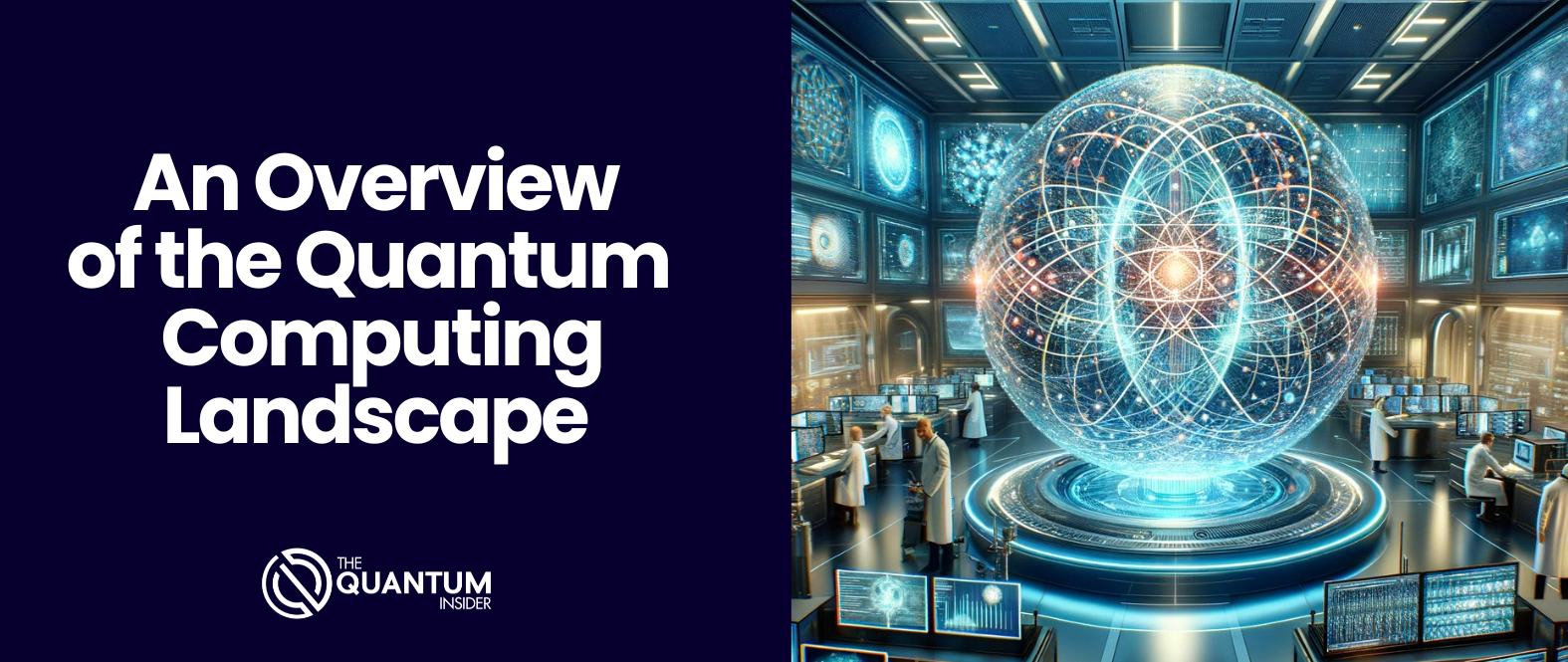Wrestling with AI and all its potential — good, bad and ugly ...
Eight years have passed since I lost my twin brother to congestive heart disease. Richard was a brilliant mathematician who submitted the shortest Ph.D. dissertation ever accepted at Duke University — only eight pages. He had successfully unraveled a paradox left by the 17th century German polymath, Leibniz, credited together with Isaac Newton for developing "the calculus." He taught university-level math for 35 years and his favorite course was Theoretical Mathematics, which tells us he probably knew more than we do about mathematics. Prime numbers were a particular fascination.

String Theory and the Universe
Richard was a strong cheerleader for the cosmological proposition known as "string theory" – a presumption the universe is composed of vibrating and minuscule strings that appear to us as particles. A variant, labeled "superstring theory," proposes the existence of superstring particles paired with regular strings and the existence of invisible space-time dimensions accompanying the four we are familiar with. These extra dimensions are presumably "folded" within the reality we perceive on a daily basis.
Technological Advancements: Quantum Computing and AI
I’ve only essayed into discussing metaphysics because of two recent technological announcements which may foreshadow a scientific collision that carries the potential to truly restructure our lives, our politics and alter how future generations lead their lives. Both quantum computing and artificial intelligence are consuming tens of billions of research dollars with promises of delivering wondrous health and prosperity for mankind.

In the artificial intelligence arena, Open AI has moved on from ChatGPT to what they have named their "o1 series" — a “new paradigm” for AI, according to chief executive Sam Altman. This latest AI model is alleged to reason, think and imagine.
Challenges and Concerns
Yet is such rapid responsiveness really awareness? We hardly comprehend how human intelligence functions in a jellied blob of floating neurons the size of a football. The fact it requires billions of dollars and vast resources to generate such capabilities indicates AI engineers are missing some organizing principles.
Kate Aronoff wrote recently in The New Republic of the fantastical electrical demand forecast to support AI in the decades immediately ahead. Grid Strategies predicts a significant growth in demand over just the next five years.

The Future of Quantum Computing and AI
If we pause for a moment, it appears the quantum computing revolution will be arriving just in time to rescue us from the server farm power demands of the AI industry. Colorado is fast becoming something of a quantum computing laboratory for the entire country. That’s good news for our economy, but there’s a lesson best not forgotten in the evolution of technology.
Instead of racing against time, it feels like we should think about tapping on the brakes!
Email notifications are only sent once a day, and only if there are new matching items.










